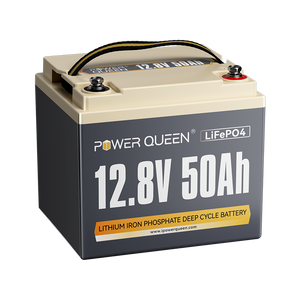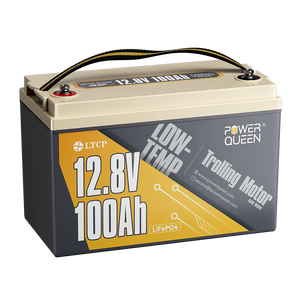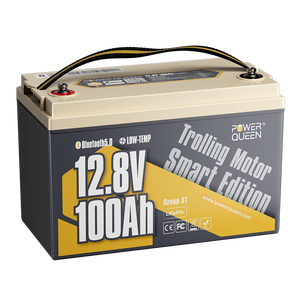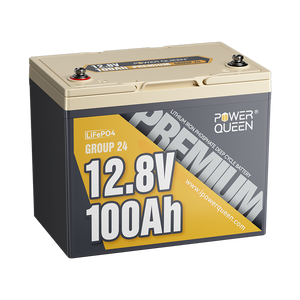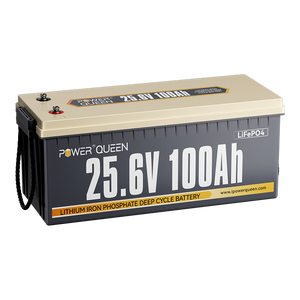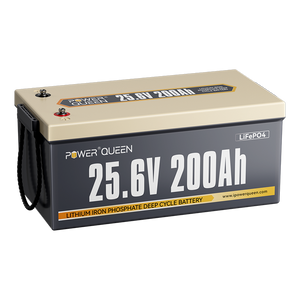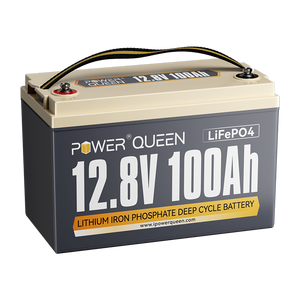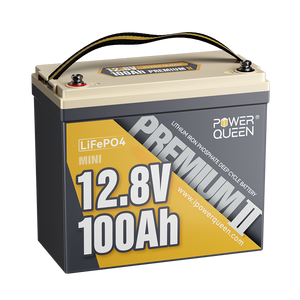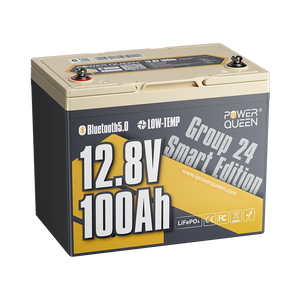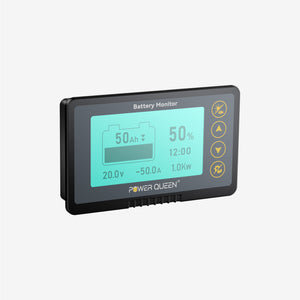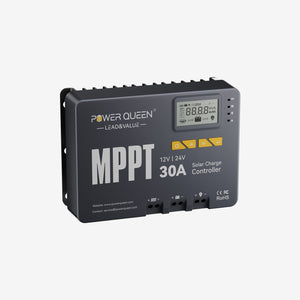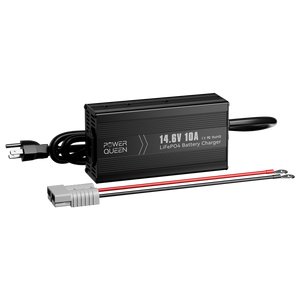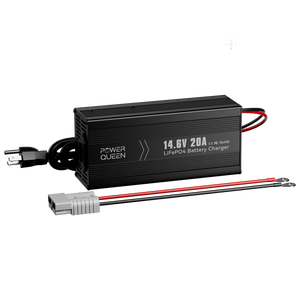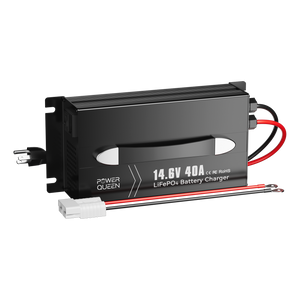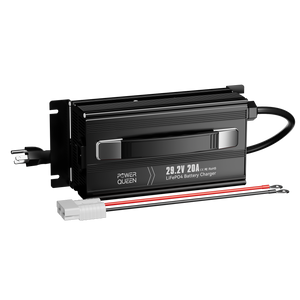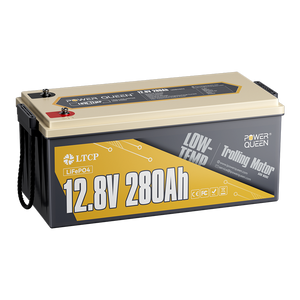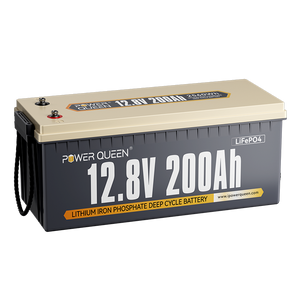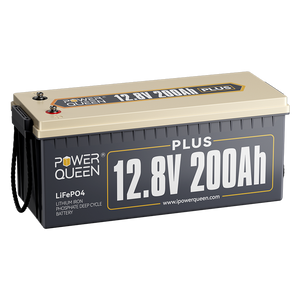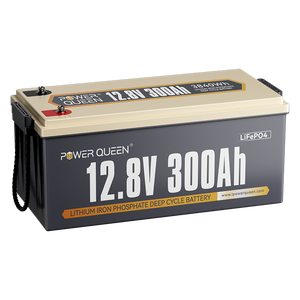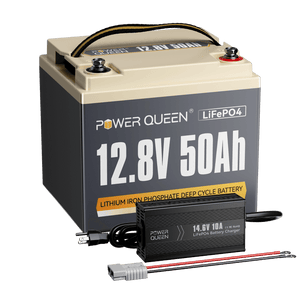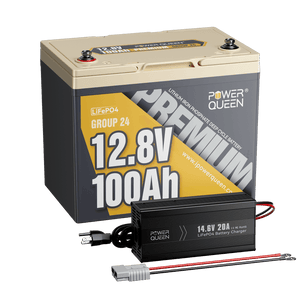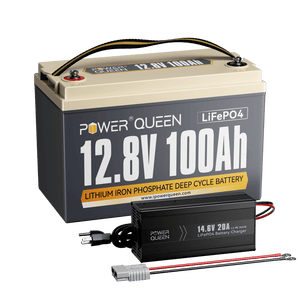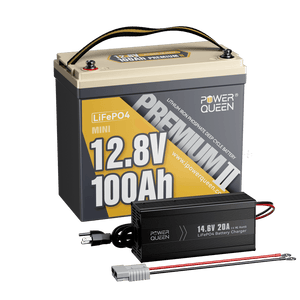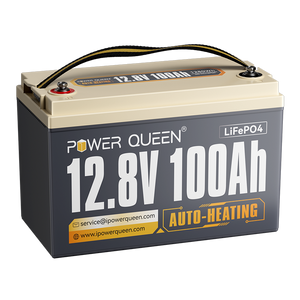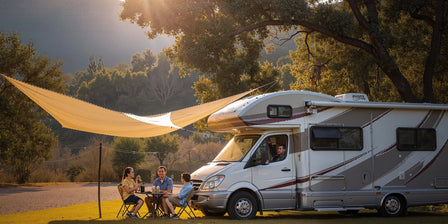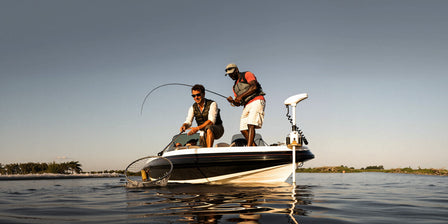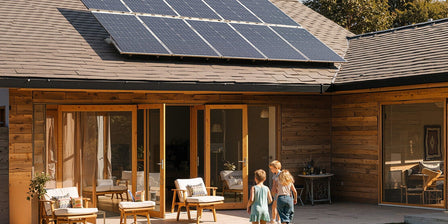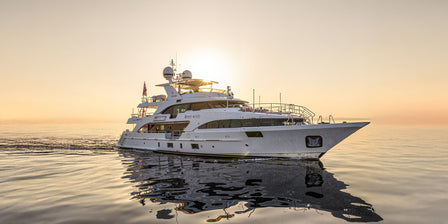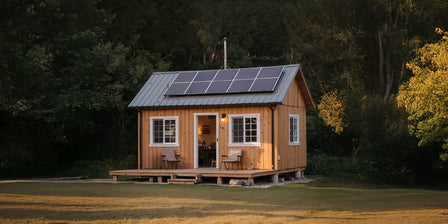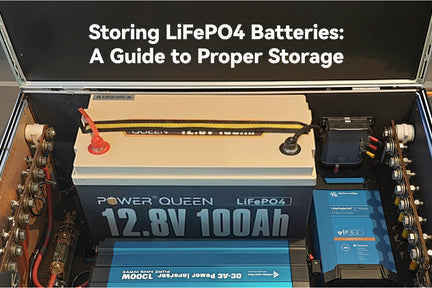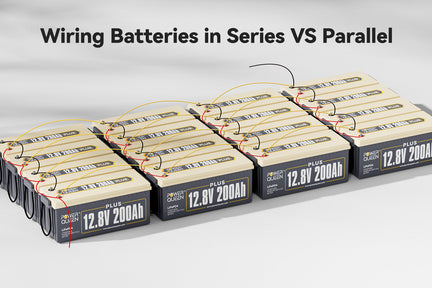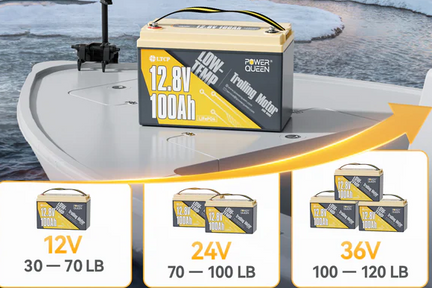Unpacking the Features of Group 24 Deep Cycle LiFePO4 Battery
The 12V100Ah Premium LiFePO4 Battery is now available in Canada, garnering praise for its outstanding performance and reliability. Meeting BCI Group 24 size standards, it's perfectly suited for a diverse range of applications. This battery combines durable construction with cutting-edge lithium iron phosphate technology, offering a longer lifespan, superior safety, and environmental benefits over traditional batteries. Dive into why this battery stands out in the market and why it deserves your trust.
What does group24 mean?
Group 24 refers to a battery size category defined by the Battery Council International (BCI). This classification ensures that batteries are compatible with a wide range of devices. The dimensions of a Group 24 battery are approximately 10.25 inches in length, 6.8 inches in width, and 8.9 inches in height, making it suitable for various applications such as recreational vehicles, boats, and backup power systems. These standardized measurements facilitate the selection and installation of batteries in compatible equipment.
How does this differ from the 12V100Ah and 12V100Ah Mini?
1.Comparison of appearance and dimensions.
|
Features |
|||
|
Dimensions |
13.0" x 6.82" x 8.48" |
10.24" x 5.24" x 8.96" |
12.99" x 6.77" x 8.94" |
|
Weight |
27.5 lbs |
24.25 lbs |
27.7 lbs |
|
Rated Voltage |
12.8V |
12.8V |
12.8V |
|
Capacity |
100Ah |
100Ah |
100Ah |
|
Energy |
1280Wh |
1280Wh |
1280Wh |
|
Max Continuous Load |
1280W |
1280W |
1280W |
|
Max Discharge Current |
100A |
100A |
100A |
|
Peak Discharge |
200A for 3s |
280A for 5s |
280A for 5s |
|
Cycles |
4000+ cycles @ 100% DOD |
4000+ cycles @ 100% DOD |
4000+ cycles @ 100% DOD |
|
Charging Temp Range |
0°C to 50°C |
0°C to 50°C |
0°C to 50°C |
|
Discharge Temp Range |
-20°C to 60°C |
-20°C to 60°C |
-20°C to 60°C |
2.Recommended uses for different purposes
When exploring ideal battery options, understanding the unique applications of each model is crucial:
-
12V 100Ah LiFePO4 Battery: With its Group31 size and heavier weight, this battery is ideal for various setups, particularly suited for RVs, solar storage systems, and boats, providing reliable, long-term power.
-
12V 100Ah Mini LiFePO4 Battery: Its compact size and light weight make it perfect for space-constrained or weight-sensitive applications, such as portable solar panels, small RVs, or light boats, offering excellent mobility and portability.
- 12V 100Ah Premium LiFePO4 Battery (Group 24): Designed to precisely meet Group 24 size standards, this battery is especially suitable for devices with strict size requirements, like specific models of RVs and boats, ensuring perfect fit without worries about size mismatches.
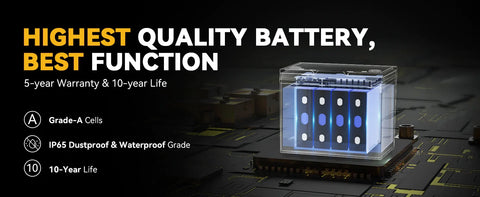
Key Differences Between Group 24 Deep Cycle Batteries and Group 31 AGM Batteries
1.What is AGM battery?
AGM (Absorbent Glass Mat) batteries are a sophisticated type of lead-acid battery that uses a fiberglass mat to absorb sulfuric acid, making them spill-proof and maintenance-free. Ideal for applications that demand reliable, maintenance-free power, such as backup systems, renewable energy storage, and use in marine or RV environments, AGM batteries excel at providing high currents rapidly, crucial for meeting critical power requirements.
2.What is lithium deep cycle battery?
A lithium deep cycle battery is a rechargeable battery using lithium-ion technology, optimized for prolonged discharge and high energy density. These batteries are durable, capable of multiple deep discharge cycles without significant wear, and have a longer lifespan than traditional lead-acid batteries. They are ideal for consistent, long-term power needs in RVs, solar systems, and marine applications.
3.Comparison of appearance and dimensions.
|
Parameter |
AGM Battery |
Lithium Battery |
|
Depth of Discharge |
50% (risk of damage if exceeded) |
Over 80%, up to 100% without damage |
|
Lifespan |
300-500 cycles, 3-5 years |
4000-15000 cycles, 10-15 years |
|
Weight |
63-70 lbs for a 12V 100Ah |
21 lbs for a 12V 100Ah |
|
Energy Density |
7.23 Wh/lbs |
60.95 Wh/lbs |
|
Charge Time |
About 8 hours to fully charge |
1-2 hours |
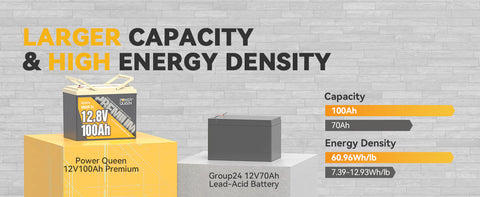
4.About their different advantages
AGM Batteries: Ideal for systems requiring durable, maintenance-free energy solutions such as automotive start-stop systems, backup power, and off-grid solar applications. They excel in environments where batteries are subject to regular deep cycles.
Lithium Batteries: Preferred for high-energy applications needing lightweight, high-capacity solutions like electric vehicles, portable electronics, and renewable energy systems. Lithium offers longer lifespans, better depth of discharge capabilities, and greater efficiency.
- Leisure Batteries: Lithium iron phosphate (LFP) batteries are preferred for motorhomes and caravans due to their deep cycle life, high safety, and low maintenance. Dedicated chargers are advised over built-in ones for optimal performance.
- Marine Batteries: Traditional liquid or gel batteries are less ideal for marine environments due to constant movement. Solid-state lithium batteries, with their moisture and salt spray-resistant BMS, offer reliability and suitability for marine applications.
- Freezing Conditions: While charging in freezing conditions can be challenging, high-quality lithium batteries with self-heating functions can perform well, similar to AGM batteries.
- Solar Energy Storage: LFP batteries are favored for solar energy storage because of their high energy density and extensive warranty, offering a better long-term cost-effectiveness compared to AGM batteries.
- UPS Battery: In the UPS market, LFP batteries are chosen for their safety, maintenance-free nature, and higher capacity, providing a more beneficial long-term investment over AGM batteries.
FAQ
1. Can I Connect PowerQueen Group 24 size battery and Group 31 size 12V 100Ah Battery or 12V100Ah mini LiFePO4 Battery in Sereis and Parallel?
Due to the different Battery Management Systems (BMS) used in the PowerQueen 12V100Ah Premium LiFePO4 deep cycle battery compared to the other models, it is not recommended to connect the 12V100Ah Premium with the 12V100Ah or 12V100Ah Mini batteries in series or parallel for safety reasons. This precaution helps ensure battery safety and optimal performance.
2. How do you charge the 12V100Ah Premium Deep Cycle Battery?
You can charge the 12V100Ah Premium LiFePO4 Deep Cycle Battery in several ways:
-
Charger Charging: Use a dedicated charger specifically designed for LiFePO4 batteries, such as PowerQueen's 12V10A, 12V20A, 12V40A and LiFePO4 battery chargers. These ensure efficient, balanced charging and come equipped with safety features likeover-current and over-voltage protection.
-
Solar Charging: Utilize solar panels connected to a charge controller that matches the battery's specifications to safely charge the battery using solar energy.
- Generator Charging: In the absence of grid power, a generator can also be used to charge the battery, although it is less sustainable than other methods.
Proper charging is crucial for maintaining the health and extending the lifespan of batteries, particularly for LiFePO4 deep cycle batteries. Using the correct charging method not only preserves the battery life but also ensures that the battery performs optimally over time. To understand why choosing the right charger is so important and to learn more about charging LiFePO4 batteries, reading further on specialized resources can provide comprehensive guidance. For more in-depth information, consider exploring this article: Do LiFePO4 Batteries Need a Special Charger?.
Conclusion
Group 24 LiFePO4 deep cycle batteries excel in heavy-duty applications, providing high cranking amps crucial for starting large diesel engines. Their robust construction withstands tough conditions and vibrations in commercial vehicles. Upgrading to a lithium-ion battery, like the Power Queen 12.8V 100Ah Premium LiFePO4 Battery, offers advantages including a longer lifespan and faster recharge times. Lithium-ion technology also surpasses traditional lead-acid batteries in performance and efficiency.
